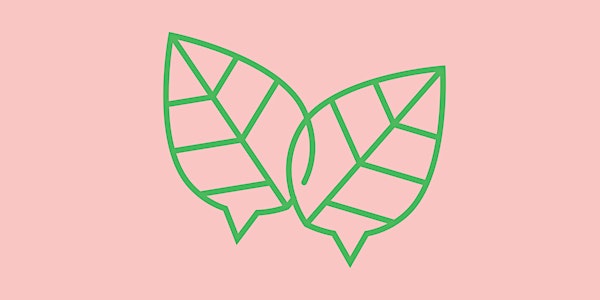Peatlands: a climate solution
Peatlands have played an important role in climate regulation over the past 10,000 years. Natural (intact) peatlands in Ireland are currently a small carbon sink (absorbing CO2 while emitting CH4) but represent less than 20% of the current national resource. Anthropogenic disturbances, mainly in the form of drainage (for agriculture and forestry) and peat extraction result in increased CO2 and N2O emissions, and reduced CH4 emissions. There are two options for mitigating GHG emissions from peatlands: avoiding new or recurrent drainage and reducing emissions on the existing drained areas by managing the water table (rewetting).
Several EPA projects have now been carried out investigating the effects of current uses of bogs on gaseous and fluvial emissions, carbon and nutrient stocks and biodiversity and demonstrating the adequacy and urgency of climate policy instruments involving the management peat soils. The most recent study found that Irish bogs store even more carbon than previously estimated and thus are likely to play an even more important role in climate mitigation.
Dr Florence Renou-Wilson
Dr Renou-Wilson is Principal Investigator, Lecturer and Director of MSc Programme in Global Change: Ecosystem Science and Policy at the School of Biology & Environmental Science, University College Dublin; Partner Earthy Matters environmental consultants, Co. Donegal.
After completing an Agricultural degree in France (LaSalle Beauvais), Florence came to Ireland to complete first a MSc in Environmental Resource Management and a PhD on peatland ecology and forestry focussing on the after use of cutaway peatlands and their environmental impacts. She continued to investigate the environmental impact of land use and especially how land use changes impacts on ecosystem dynamics such as biogeochemical cycles and in particular plant-soil-water-air interactions. She has investigated peatlands in an integrative way at the crossroads of ecology, forestry, agriculture, climate change and sustainable management.
As a research scientist, her main goal is to understand the workings of natural ecosystems, particularly wetlands, to ultimately provide guidance to a wide range of stakeholders: policy makers, industry, natural resource manager and the general public. As an educator, her philosophy is to give students the confidence to work towards making the changes they want to see in the world by transferring the scientific knowledge and methods into action.
She has been appointed scientific advisor to the Irish government multi-stakeholder Peatlands Council and has contributed as a lead author to the Intergovernmental Panel on Climate Change Wetlands Supplement, Chapter 3: Rewetted organic soils and to the IPCC Special Report on Climate change and Land 2019 Special report on Climate Change and Land, Chapter 4: Land degradation.
Climate Conversations series
This lunchtime webinar series provides an opportunity to engage with recently published research on climate change in Ireland, addressing the causes and consequences of climate change as well as availing of the opportunities that arise from the social and economic transition and transformation that is required.
You will hear a 10-minute presentation on a piece of recently published research, and then be part of a 40 minute roundtable discussion on the topic.
This series is organised by the RIA Climate Change and Environmental Sciences Committee in collaboration with the EPA
Click here to read our Data Protection Policy and Eventbrite Transparency Statement in relation to the handling of your data for booking this event.
Microsoft Teams Privacy Statement
